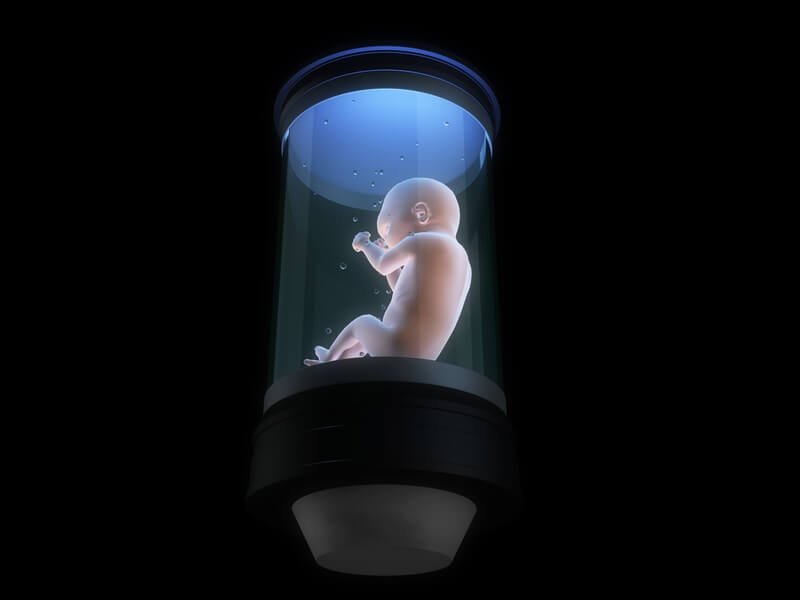The future of baby-making is not in a bed, or in the back seat of a car. It’s in a lab. So says Stanford Law Professor Hank Greely, an expert on the intersection of ethical, legal, and social issues in the biosciences.
On the latest episode of the Inquiring Minds podcast, Greely talks with Kishore Hari about the technology and ethics of embryo selection and a brave new world in which embryos are created from skin cells. While the idea of conceiving a child in a clinic may seem “deeply unromantic,” as Hari points out, Greely says it could have immense benefits. His book on the subject, The End of Sex and the Future of Human Reproduction, is out now.
…
Greely believes embryo selection will become popular in the United States. “My guess is more than half of babies are likely to be conceived this way,” he predicts.
After all, he says, “You want to get the best car. Why don’t you want to get the best baby?”
The GLP aggregated and excerpted this blog/article to reflect the diversity of news, opinion and analysis. Read full, original post: When Baby-Making Moves From the Bedroom to the Laboratory































